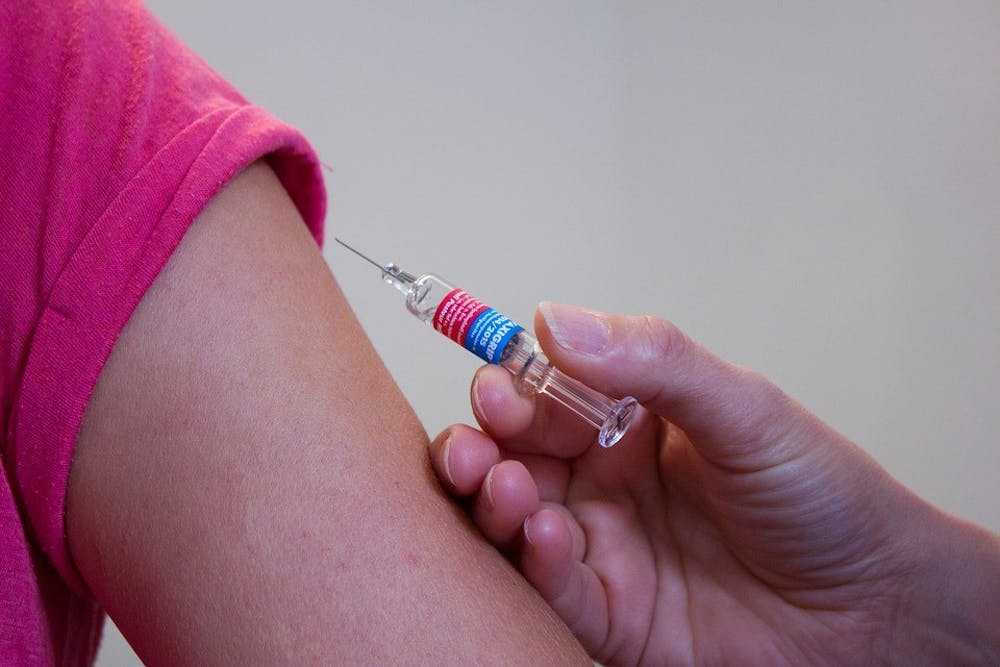Over 2.5 million COVID-19 vaccine doses have been administered in the state of New Jersey. That number will continue to rise this March as the state expands eligibility to more essential workers, members of at-risk communities, and adults with specific health conditions.
An additional group of adults with increased risk for severe illness from the virus will become eligible for vaccination on March 15. This includes those ages 16 to 64 with moderate to severe asthma, type I diabetes, a body mass index over 25, and other health conditions.
The March 15 expansion will also include transportation workers, members of tribal communities, homeless individuals, and public safety workers. New Jersey will further expand vaccine eligibility beginning March 29 to include frontline essential workers in food production and distribution, eldercare, hospitality, shipping services, and several other categories.
Educators and staff in pre-K through 12th grade schools and childcare facility employees are currently eligible for vaccination, a shift from the state’s previous plan to include teachers in the March 15 phase. This change comes as President Joe Biden encourages states to prioritize teachers for vaccination in hopes of expediting the reopening of schools.
Residents can visit the New Jersey COVID-19 Information Hub for more detailed information about each phase. All enrolled students currently living in New Jersey, including international students, “are considered New Jersey residents for the purpose of the vaccine” according to the University website.
Anyone living in New Jersey can register for the vaccine using the NJ Vaccine Scheduling System or schedule an appointment directly with vaccine providers. In Princeton, the CVS and Wegman’s pharmacies offer vaccination appointments; however, at the time of publishing, no appointments were available at either location.
According to Deputy University Spokesperson Michael Hotchkiss, the University “is preparing to hold vaccination clinics upon receiving a supply of vaccine doses as determined by the state,” but “has not yet received any doses for on-campus distribution.” The University initially announced its intent to host these clinics in early January.
University Health Services (UHS) has continued to encourage students, faculty, and staff to seek vaccination wherever possible. However, Hotchkiss noted that “demand for COVID-19 vaccinations continues to outstrip supply in New Jersey.”

“While supply is expected to increase in the coming weeks, we understand that scheduling a vaccine appointment can be challenging for now,” Hotchkiss said.
In a new set of guidelines issued on March 8, the Centers for Disease Control and Prevention (CDC) recommended that fully vaccinated people continue to wear masks and maintain physical distancing while in public. The CDC also advised them to continue to “avoid medium- and large-sized in-person gatherings.”
The University requires vaccinated students to continue to “participate in the asymptomatic testing process with the same frequency as before,” according to a weekly email update from UHS. Students are also required to abide by the University COVID-19 protocols, including the Undergraduate Social Contract if residing on-campus, regardless of vaccination status.









